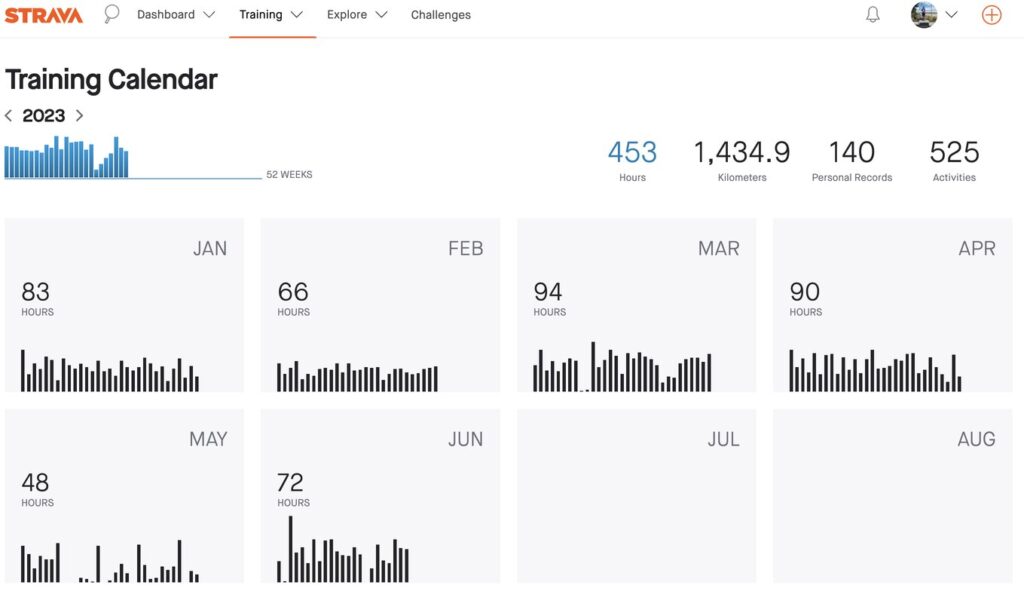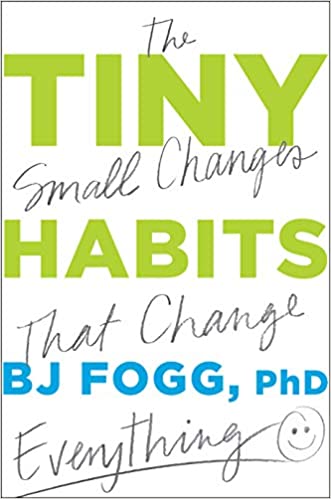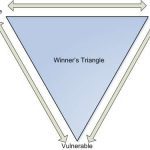“Understanding keystone habits holds the answer to that question: The habits that matter most are the ones that, when they start to shift, dislodge and remake other patterns.”
In his book, The Power of Habit: Why We Do What We Do in Life and Business, author Charles Duhigg popularized the concept of Keystone Habits. 1
A keystone habit can have a positive impact on multiple areas of your life—even if you’re not intentionally trying to improve them.
Keystone habits say that success doesn’t depend on getting every single thing right, but instead relies on identifying a few key priorities and fashioning them into powerful levers. If you focus on changing or cultivating keystone habits, you can cause widespread shifts. However, identifying keystone habits is tricky. To find them, you have to know where to look. Detecting keystone habits means searching out certain characteristics. Keystone habits offer what is known within academic literature as “small wins.” They help other habits to flourish by creating new structures, and they establish cultures where change becomes contagious. 1
Keystone habits are the routines and practices by which someone operates. They mark the base level of what you do without any need for willpower or persuasion. The default. Whether positive or negative, each of these habits has a ripple effect across everything you do in life and business. 2
In 2022, my exercise routine moved from consistency to Intensity as I started averaging at least 2 hours in the gym exercising. In 2023 I became even more intense as I added more activities such as Pickleball and Basketball shooting. My Keystone habit is exercising, which has profoundly affected almost every other part of my life and day. My daily exercise routine involves running, shooting basketball, swimming, weightlifting and weekly pickleball. I now spend an average of 3 hours per day exercising, mostly early in the morning before my day starts. This exercise keystone habit dictates the flow of my day, mood and outlook. I feel refreshed after conquering my morning regimen, and it has positive unintended consequences for other parts of my life and approach to dealing with the vicissitudes of life.

“Just as choosing the right keystone habits can create amazing change, the wrong ones can create disasters.”
The Power of Small Wins: The Progress Principle
In their 2011 Harvard Business Review article: The Power of Small, HBS Professor Teresa M. Amabile and independent researcher Steven J. Kramer found through exhaustive analysis of diaries kept by knowledge workers that nothing contributed more to a positive inner work life (the mix of emotions, motivations, and perceptions that is critical to performance) than making progress in meaningful work.
They called this phenomenon the progress principle. They observed that: The more frequently people experience that sense of progress, the more likely they are to be creatively productive in the long run. Whether trying to solve a major scientific mystery or produce a high-quality product or service, everyday progress—even a small win—can make all the difference in how they feel and perform.
The authors found that the most common event triggering a “best day” was any progress in the work by the individual or the team. The most common event triggering a “worst day” was a setback.
If a person is motivated and happy at the end of the workday, it’s a good bet that he or she made some progress. If the person drags out of the office disengaged and joyless, a setback is most likely to blame. Even small wins can boost inner work life tremendously. On the flip side, small losses or setbacks can have an extremely negative effect. And the work doesn’t need to involve curing cancer in order to be meaningful. It simply must matter to the person doing it.
The more frequently people experience that sense of progress, the more likely they are to be creatively productive in the long run.

World-renowned Behavior Scientist at Stanford University and author of Tiny Habits: The Small Changes That Change Everything, Dr. BJ Fogg makes a strong case for starting small; he writes:
We live in an aspiration-driven culture that is rooted in instant gratification. We find it difficult to enact or even accept incremental progress, which is exactly what you need to cultivate meaningful long-term change. People get frustrated and demoralized when things don’t happen quickly. It’s natural. It’s normal. But it’s another way we’re set up to fail.
One tiny action, one small bite, might feel insignificant at first, but it allows you to gain the momentum you need to ramp up to bigger challenges and faster progress. The next thing you know, you’ve eaten the whole whale. 3
Meditations
- Daily Calm with Tamara Levitt – Coming Home
“Meditation is a lifelong gift. It’s something you can call on at any time.” – Paul McCartney.
- Daily Jay with Jay Shetty – What You’re Not
- Michelangelo: I saw the angel in the marble and carved until I set him free. Every block of stone has a statue inside it, and it is the task of the sculptor to discover it.
Podcast
- 3 Traits that Negatively Affect Our Thoughts & How to Gradually Break Free from Your Limitations | On Purpose with Jay Shetty
- The Cancers of the Mind: Complaining, Comparing and Criticism.
- What we feel at any moment: Our Thoughts, Feelings, Actions and Inner sense of knowing.
Fear – An unformed boundary, a boundary in the making, but it isn’t yet a boundary which is why it is still fear. We need to turn our fears into principles, agreements and boundaries. - Change Your Mindset TODAY To Live Your Happiest and Healthiest Life EP 1461 | The School of Greatness
- Lisa Nichols: Your life is a physical manifestation of the thoughts and conversations going on in your head.
All the Best in your quest to get Better. Don’t Settle: Live with Passion.



Comments are closed.